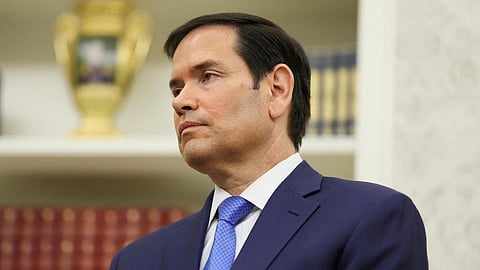

India’s Foreign Secretary Vikram Misri did not mention US involvement when announcing the Indo-Pak ceasefire agreement, and a statement later said the deal was worked out “directly” between the two countries, contradicting Trump’s claim.
But a Pakistani government source familiar with the negotiations told CNN that the US — and Secretary of State Marco Rubio in particular — played a crucial role in getting both sides to agree.
Rubio also claimed India and Pakistan had also agreed “to start talks on a broad set of issues at a neutral site.” But the Indian government said in a statement that no decision had been reached to hold talks “on any other issue at any other place,” and Pakistan has not yet confirmed plans. India’s foreign secretary said the directors general of military operations for the two countries are scheduled to speak again Monday.
India has long been resistant to international mediation, whereas Pakistan has been more open to it, analysts say. Now that fighting has paused, both sides likely want to shape perceptions of what they achieved and how it ended.
Earlier Saturday, Pakistan said India had struck several of its military bases with missiles, to which Pakistan responded with its own strikes on India’s bases. The intensity of that fighting makes the afternoon’s ceasefire agreement all the more extraordinary.
In their long history of tensions, India and Pakistan have both viewed foreign intervention differently. “India has never accepted mediation in any dispute, be it India-Pakistan or India-China, or any other,” according to Aparna Pande, research fellow for India and South Asia at the Hudson Institute.
“Pakistan, on the other hand, has always sought international mediation," she added, saying it is “the only way it can put pressure on India to discuss and resolve the Kashmir dispute.”